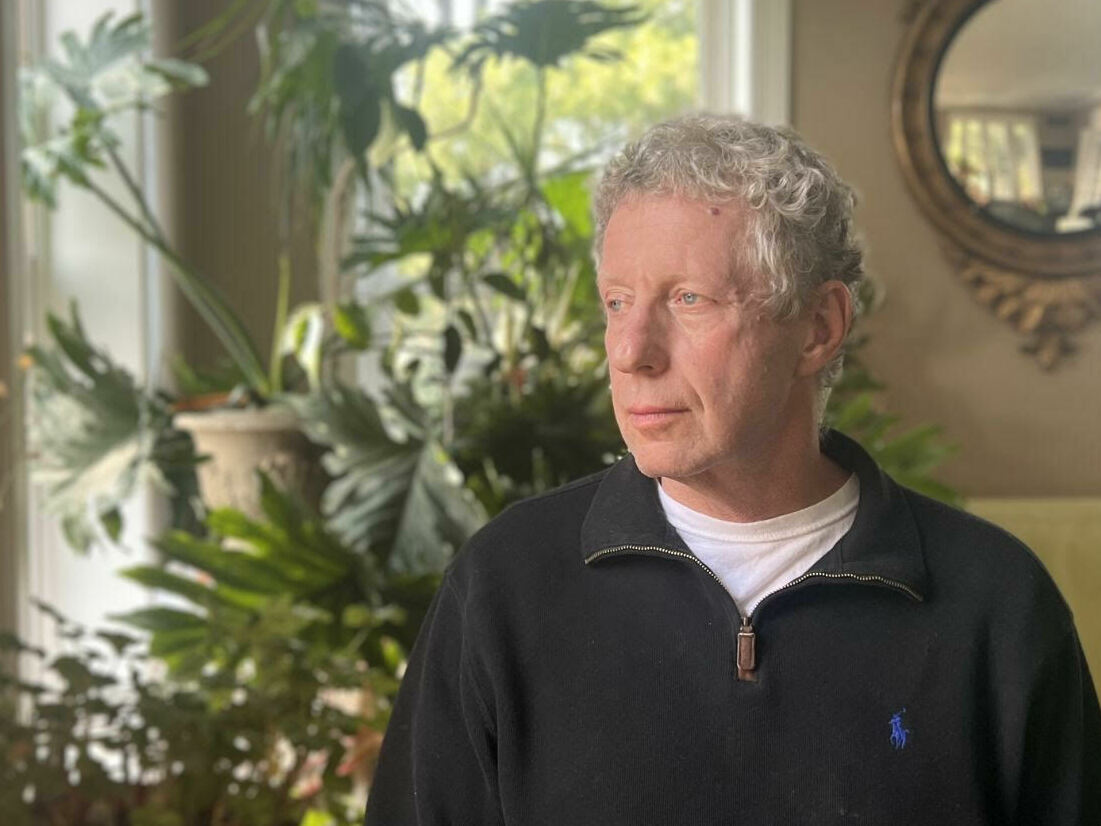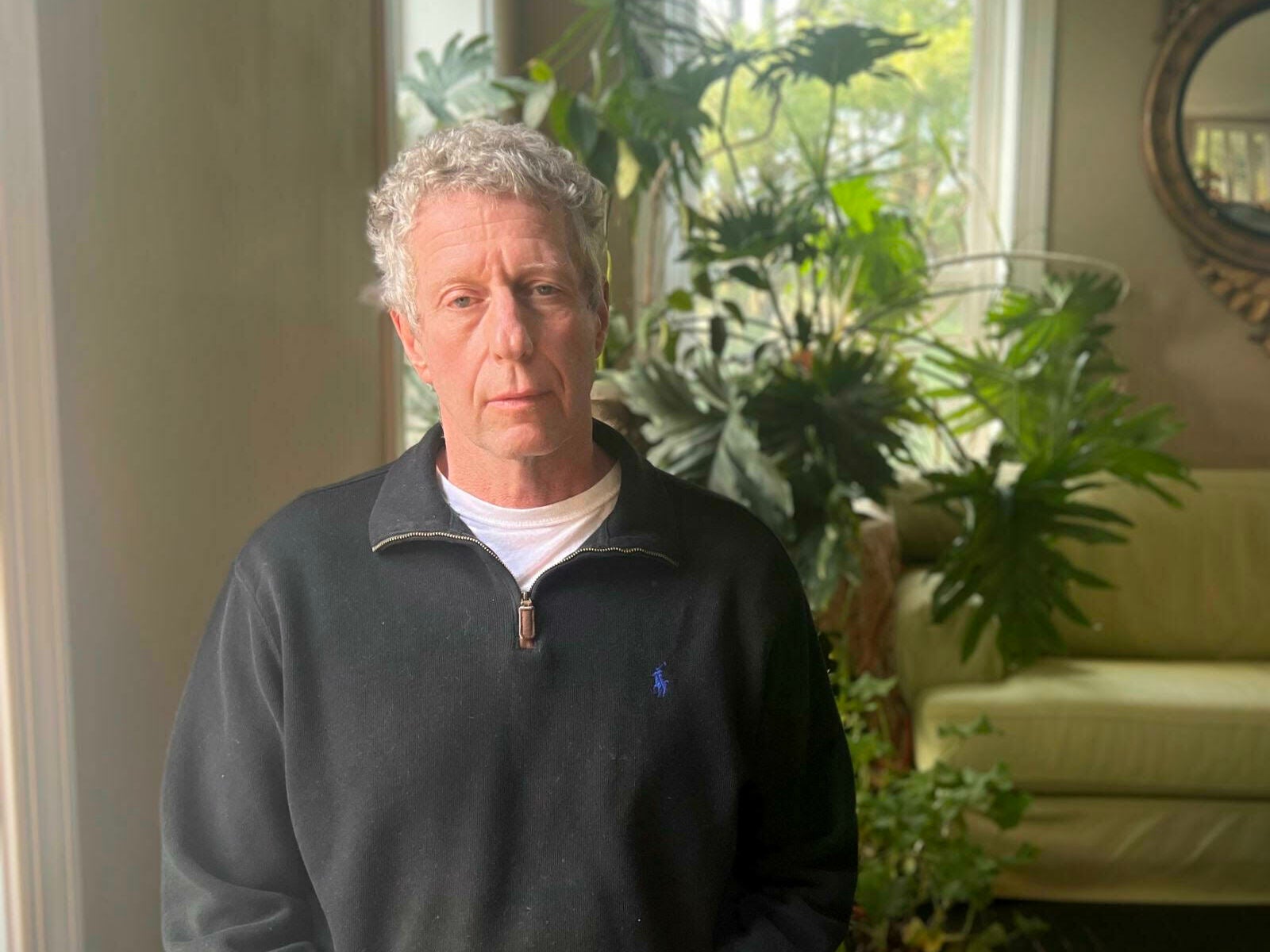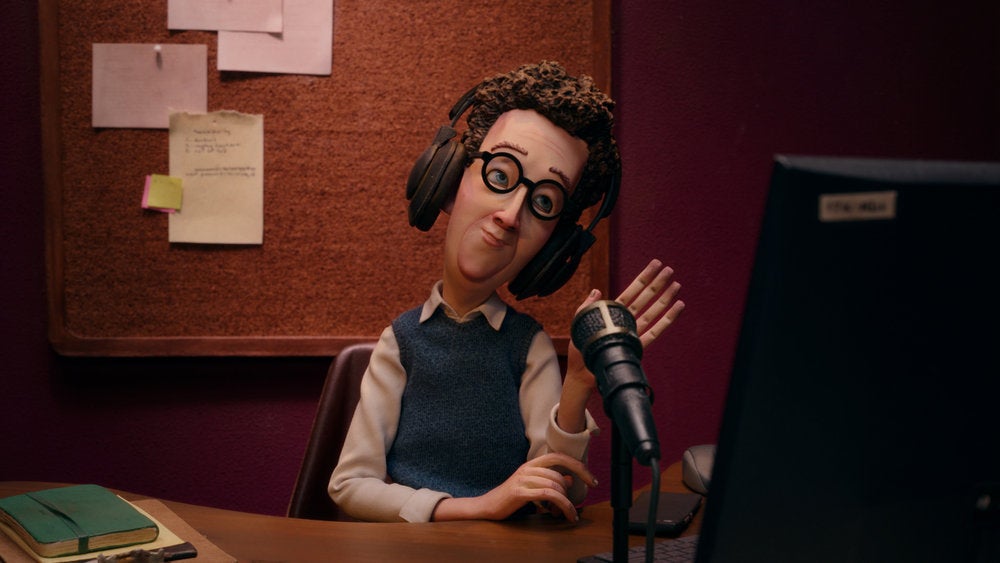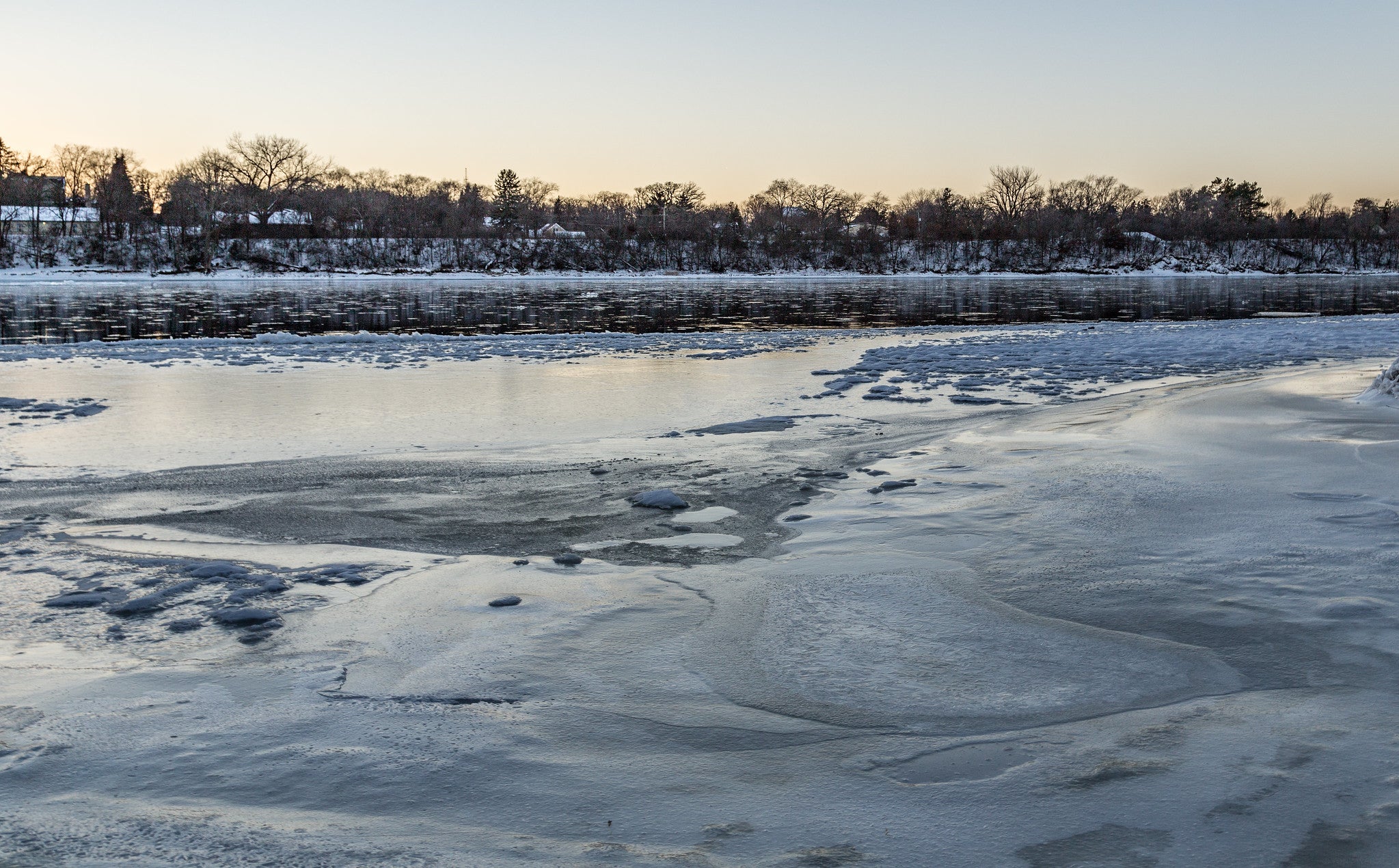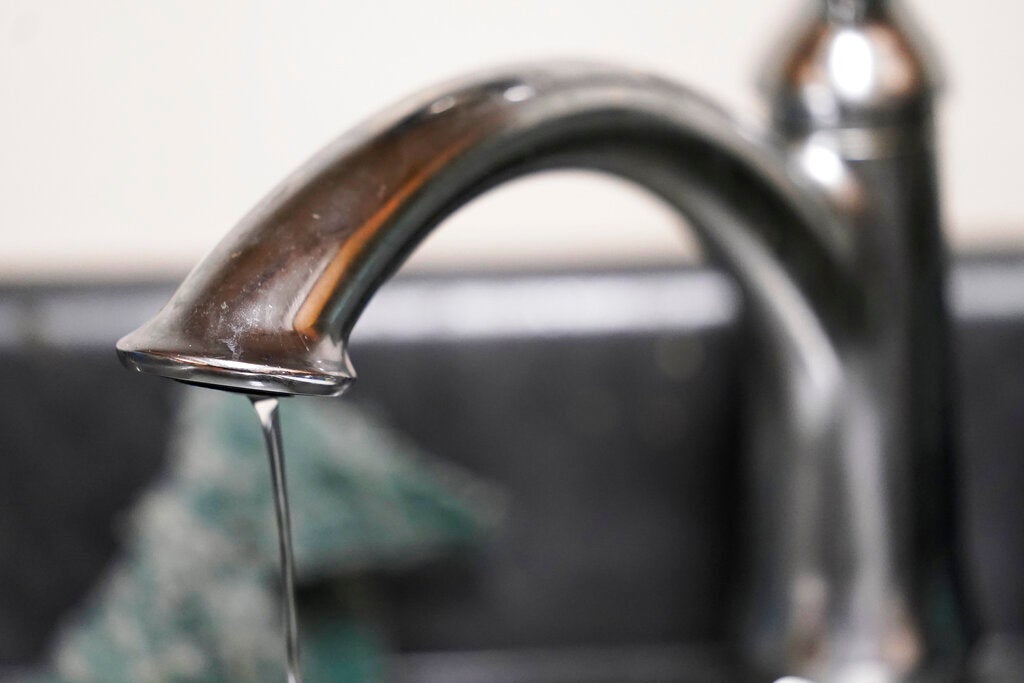Every three years, the Wisconsin DNR re-examines its priorities for improving the quality of the state’s waterways. We find out the goals and how the public can have input. Then we check in with National Public Radio’s new president about his plans for NPR’s future. We also look at a new report which shows that about 35% of Americans have debt reported in collections, and what that’s costing the country.
Featured in this Show
-
New NPR CEO Lays Groundwork For Organization's Future
Editor’s Note: Jarl Mohn was recently named the new president and CEO of NPR. He has served as president and CEO of E! Entertainment Network and was executive vice president and general manager of MTV and VH1. He also sat on the boards of KPCC Southern California Public Radio and the USC Annenberg School for Communication and Journalism.
He recently stopped by Wisconsin as part of a country-wide tour to visit NPR affiliates around the country. Below is a portion of an interview Mohn did with on WPR’s “Central Time.”
Central Time: Why did you decide that you wanted to take up the post as president and CEO of NPR?
Jarl Mohn: Well, I’ve been involved with public radio in Southern California for the last 12 years, as a board member and a donor and as chairman of the board. And the early part of my career, my first 19 years in business, were in the radio business — in community radio. And being involved in public radio really kind of rekindled my interest and my love for the medium. I think it’s the most powerful and the most personal medium that there is.
The opportunity came up, and I kind of had a sense of what the challenges are in this particular role and felt very strongly that I could make a difference here.
CT: You’re going to be the fifth CEO or interim CEO (at NPR) in the last five years. Why do you reckon there’s so much turnover at the top, and do you see yourself sticking around for a bit longer?
JM: Well, I’m definitely sticking around. I made a legal commitment. I signed … a contract, committing to five years minimum in this role.
I think there has been turnover. I think there have been a number of reasons. I don’t think there’s any one common theme. But, I’m basically a business guy, I’m a radio person, and the organization really has not had a radio person running it for a long, long period of time. I’ve been involved on the local level, so I think I have a sense of what the key issues are and I have a very strong point of view about what I think needs to be done.
I think I’ll be around a while. I told them I’ll stay longer if they make it fun, but at least five, at least five.
CT: I wonder if you think that business experience in the for-profit world is going to inform the way you raise revenue, or try to raise revenue, at NPR.
JM: Absolutely. I think there has been in public media in general — all across the board, and at NPR specifically — kind of an aversion to the business side of it. It’s like: “Well, you know, if we just do really great work, the money’s just … going to magically appear.” And I think for a long time that was true, but it’s not true anymore.
We really have to be good business people, but in doing that, we’ll raise the money so that content producers, producers, on-air talent, news-people, (and) programmers can have the tools and the resources to do their best work, and that’s what I want to do.
CT: You’ve spent a lot of time at Southern California Public Radio and on the board there. And SCPR, it has a slightly more entertainment-y feel. It’s got Sandra Tsing Loh at the helm of a couple of shows. They’re developing a new entertainment show, I gather, that’s going to have a live component. I wonder if you think there’s anything there that translates to the rest of public radio, which has been caricatured on “Saturday Night Live” and elsewhere as being stodgey — a little stuffy.
JM: Well, the station does have some of those elements. The A&E show is not on the air yet. But first to frame (SCPR): It is a very serious journalistic organization. It is the largest newsroom, behind the (Los Angeles) Times,in Southern California, ahead of the television stations. In terms of radio coverage, each year — and this has happened for the last nine years, maybe 10 — KPCC has won more radio awards for news coverage than all the other radio stations in Los Angeles combined. So, it is serious. I want to make sure we stress that. That, I think, is the underpinning of what National Public Radio, NPR, should be.
Should we have things that are a bit more interesting and entertaining? Absolutely. I think being a bit quirky is part of what public radio is. A lot of the shows that are on (during) the weekends have those elements. And I think we need more of that — not at the expense of good journalism.
The good news is, it didn’t come up very much at all, but (there was a) fear because I ran MTV and VH1 and E!, that that’s the direction we were going in, and it’s not. And I always point to what we did at KPCC and say, “Look, you’re not going to see any of that there. I also was chair of Annenberg School of Communication and Journalism at USC for 8 years, so you know, that’s the backbone of what we’re going to do.”
-
Restoring Wisconsin's Water Quality
Every three years, the Wisconsin Department of Natural Resources re-establishes its priorities for improving the health and quality of the state’s waterways. A water resource specialist from the DNR explains what they’re hoping to do, and why they say public input is vital to the process.
-
Report: 1 In 3 Americans Has Debt In Collections
According to a new report from the Urban Institute, about 1 in 3 Americans have some form of debt reported in collections. A financial adviser talks about what all of this debt is costing us, and what to do if you find yourself facing debt collectors.
-
New NPR CEO Visits Wisconsin
New NPR boss Jarl Mohn joins the show for a look at the future of public radio–and the budget and other challenges facing NPR today.
Episode Credits
- Rob Ferrett Host
- Veronica Rueckert Host
- Jarl Mohn Guest
- Ashley Beranek Guest
- Lynnette Khalfani-Cox Guest
- Cynthia Schuster Producer
- Galen Druke Producer
- Chris Malina Producer
Wisconsin Public Radio, © Copyright 2024, Board of Regents of the University of Wisconsin System and Wisconsin Educational Communications Board.

